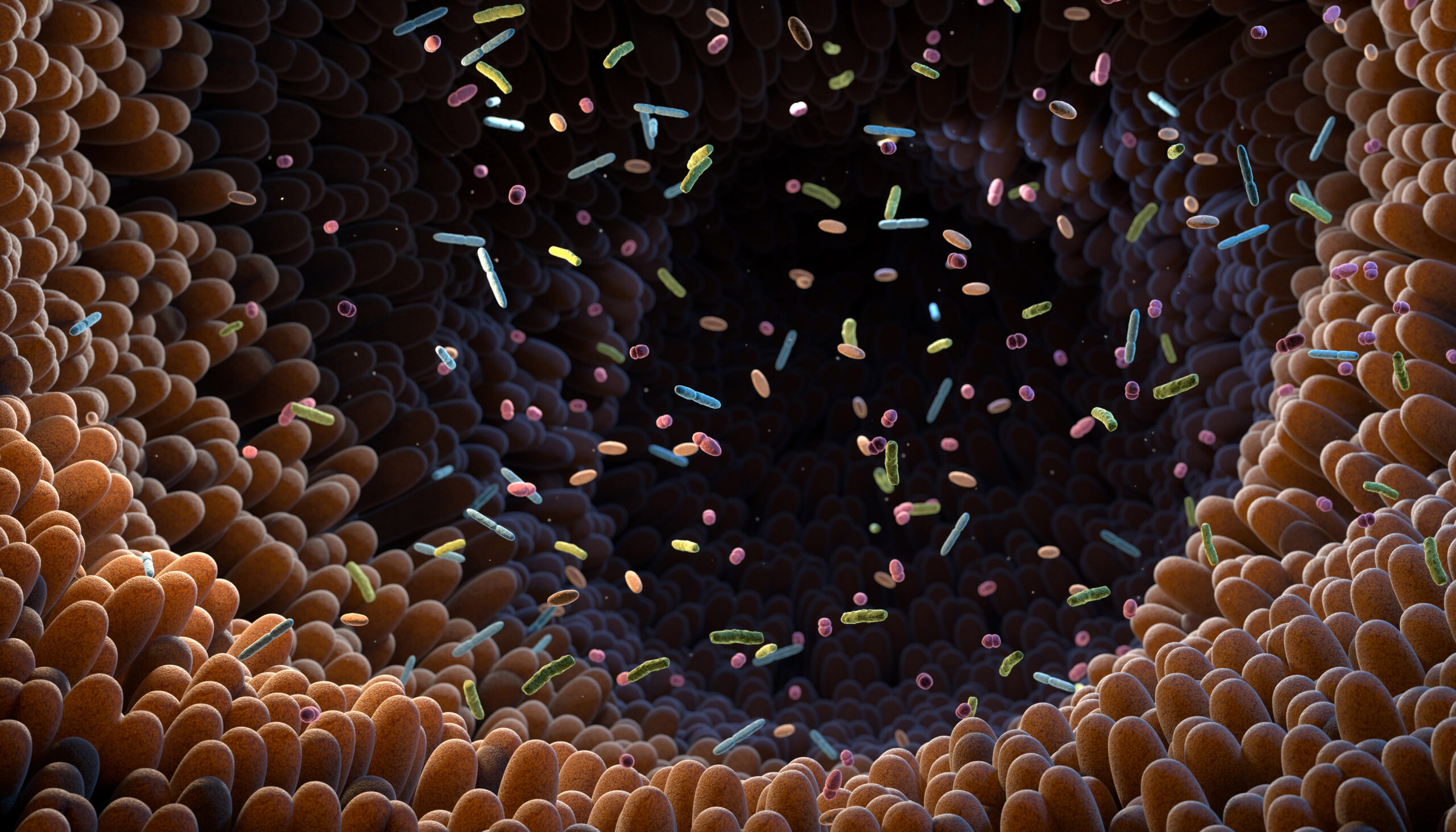In recent years, more research into the role diet plays in health and disease prevention has led to some groundbreaking discoveries, and a more mainstream acceptance of the use of food as medicine. Scientists have taught us about the damage chronic inflammation can cause in the body and the connection between the gut microbiome and overall health. Recent research also looks at age-related changes in gut bacteria that could lead to illness, including neurodegenerative diseases.
According to research highlights from the National Institute on Aging, trillions of microbes live in our gastrointestinal tract – known as the gut microbiome, which plays a critical role in overall health by helping to digest food and make nutrients. The microbiome also helps support a healthy immune system and produces chemicals that affect brain function. The gut and brain are connected through a network of neurons, proteins and chemicals that relay messages.
With funding from the NIA, researchers are looking closely at how diet, environmental exposures, and aging can alter this gut-brain connection and which microbes could benefit or harm the brain. If the gut microbiome becomes out of balance, scientists suggest that reversing these harmful changes could help prevent or slow illnesses, including Alzheimer’s disease.
Researchers are investigating the benefits of a high-fibre diet that includes whole grains, fruits and vegetables to reduce inflammation and support a healthy gut microbiome – and in turn, brain health. Scientists have found gut bacteria that make amyloid-like particles and suggest that these particles could be the origin of amyloid plaques that develop in the brains of people with Alzheimer’s disease. Further research investigates whether healthier gut microbiomes could help prevent or reverse cognitive changes associated with amyloid plaques in Alzheimer’s disease.
The takeaway?
A healthy diet, such as the Mediterranean diet, which includes plenty of vegetables, fruits, whole grains, olive oil, beans and fish and avoids processed foods, red meats and sugary drinks can help support brain health in older age.
Learn more by following this link to recent research findings, published online by the NIA.






Add Your Voice
0 Comments
Join the Discussion